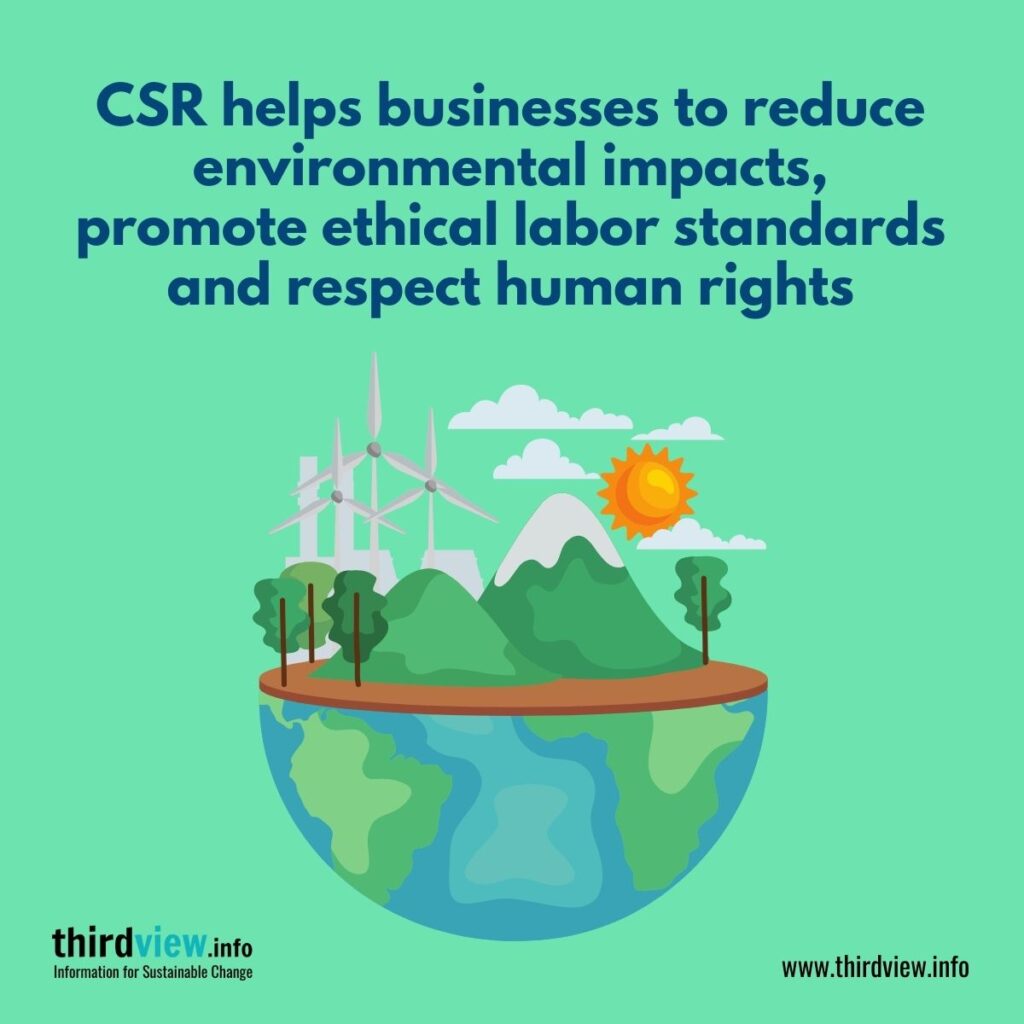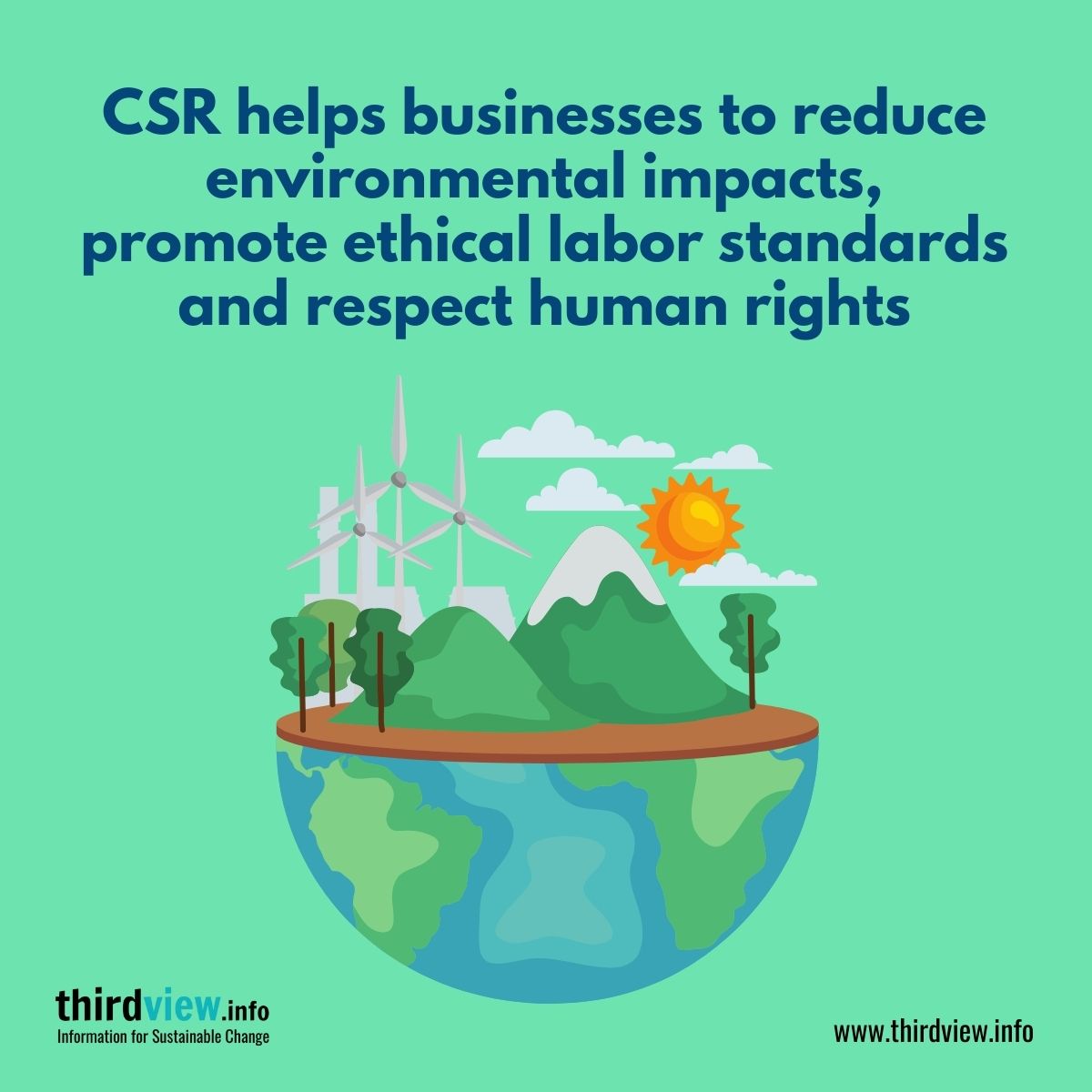In the modern business landscape, social responsibility is becoming increasingly important. Companies are expected to not only produce goods and services, but also to do so in a sustainable manner that benefits society as a whole. This means taking into account both ecological and ethical considerations when conducting business operations. Here we’ll take a look at some of the ways companies can evaluate their socially responsible ethics in sustainable production practices.
One way for companies to ensure they are being socially responsible is by monitoring their supply chains. Companies should be aware of where materials used to create products come from and what kind of labour practices are being employed in those facilities. Companies should also be aware of the quality of working conditions in their factories and ensure they meet accepted standards such as minimum wages, reasonable hours, safety regulations, etc. Furthermore, companies should strive to source materials from suppliers who share the same ethical values as their own and commit to using only ethically sourced materials.
Another way companies can practice social responsibility is through community engagement initiatives. Companies should find ways to give back to communities affected by their production processes, whether this means investing in local education programs or providing job training opportunities for local residents. By actively engaging with the community around them, companies demonstrate that they care about more than just profits; they care about making positive contributions to the world around them as well.
Finally, companies should strive for transparency when it comes to sustainability practices. This means openly communicating with consumers about how products are made and where materials come from so that customers have full knowledge of what they’re buying into when purchasing a product from the company. Open communication also allows for feedback which can be used by the company to help improve its processes and make them even more socially responsible over time.
Companies must be proactive when it comes to addressing social responsibility issues. They should be auditing their operations regularly and taking steps to rectify any problems that arise—whether it’s establishing better safety protocols or providing training for workers on best practices.
Being socially responsible is an important part of any successful business strategy today. Companies must evaluate their ethics and sustainability practices regularly in order to ensure they are doing all they can to benefit society while still producing quality goods and services profitably. By monitoring supply chains, engaging with communities affected by production processes, and striving for transparency throughout everything they do, businesses can demonstrate their commitment to social responsibility while still maintaining a profitable operation that benefits everyone involved.


